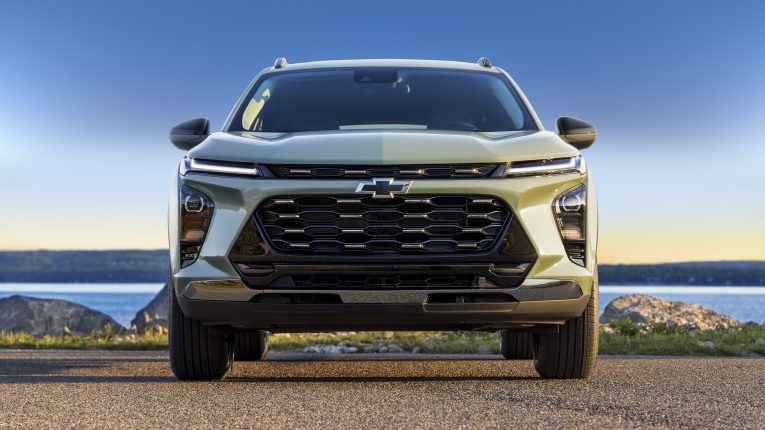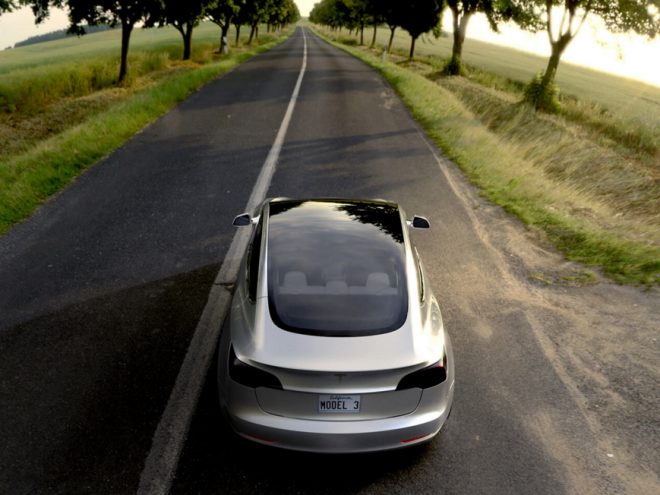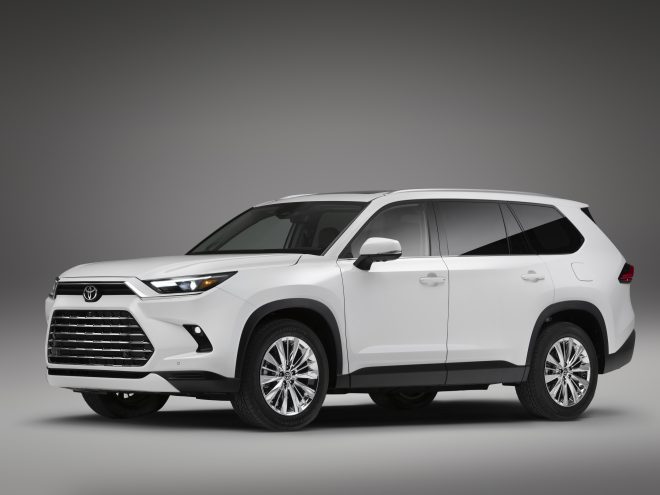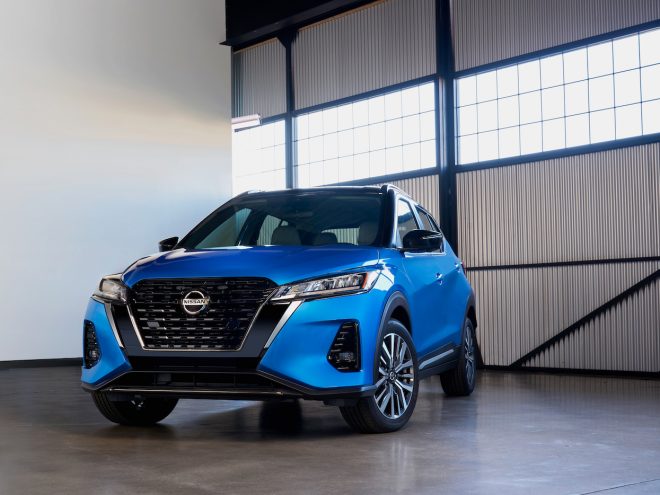
7 Reasons to Ditch the Car and Bike to Work
With concerns about climate change, traffic congestion and personal health, more people are seeking ways to transform their daily routines into eco-friendly practices. One popular solution has been swapping the traditional car commute for cycling to work.
Environmentally friendly electric bikes are an ideal alternative to using a personal car to get to work. While cars are large, gas-guzzling machines, e-bikes are compact, limit your effect on the environment and benefit your mental and physical health.
Exploring why you should ditch your car and bike to work can help you switch to a greener, healthier commute.
People often switch from a car to an e-bike to help them incorporate physical activity into their daily routines. While a battery does assist you as you pedal, e-bikes can still offer a meaningful workout for those trying to stay active.
E-bikes can offer an accessible, moderate-intensity workout, which has been proven to have various health benefits. Regular physical activity helps improve cardiovascular health, boosts mood and even helps with weight management. The pedaling of an e-bike uses several muscle groups, strengthening them over time and continuous motion can help increase flexibility and joint mobility.
When riding to work, you can adjust the power assist on your e-bike for a more relaxed ride or a sweat-inducing workout. For those starting from a lower fitness base or dealing with challenging terrains, an e-bike can make the goal of biking to work more attainable. E-biking to work also promotes consistency. It’s an exercise that fits seamlessly into your day without requiring additional time to hit the gym.
2. Reduce Your Carbon Footprint
Climate change is an ever-increasing priority in the world and one of the ways everyone can help is by reducing their carbon footprint. Most people contribute to carbon emissions by using personal cars for everyday transportation. Vehicles are one of the largest contributors to greenhouse gas emissions globally, with each gallon of gasoline burned in a car engine producing about 20 pounds of carbon dioxide.
E-bikes can replace these vehicles as an energy-efficient alternative. A study in Portland, Oregon, demonstrated that when e-bike usage increased by 15 percent, it resulted in a 12 percent reduction in CO2 emissions. The study also found that an individual e-bike could reduce up to 225 kg of CO2 per year. By choosing to bike to work, you reduce these harmful emissions.
The environmental impact of manufacturing a bicycle or e-bike is far less than that of a car. Cars require large amounts of energy to produce and consume significant resources, including metals, plastics and fluids. Bicycles and e-bikes require fewer materials and less energy to manufacture and maintain.
The cost of purchasing a bike, even an electric one, is much less than buying a car. You can easily find 10 electric bikes under $1,500, including popular models such as the Batch E-Commuter, Magnum Cosmopolitan and Aventon Soltera for a much more affordable price than most reliable used vehicles. This makes the upfront investment of an e-bike more accessible.
E-bikes also have lower maintenance costs. While a car requires regular oil changes, new tires, brake maintenance and more, which can add up quickly, bikes have simpler mechanisms and need fewer and cheaper parts to maintain, such as a battery, motor and braking system.
Switching to an electric bike can be a great way to reduce expenses on gas and parking.
Since an e-bike uses a battery that you recharge, you don’t have to pay for gas. While the cost of gasoline can fluctuate, it’s almost always more expensive than the electricity needed to charge an e-bike. According to the U.S. Energy Information Administration, the average American spends over $2,148 yearly on gas.
E-bikes also do not require you to find and pay for parking spots. Electric bikes are more compact and it is much easier to find a place to store them at little to no cost. Some e-bikes are even foldable, increasing their portability and allowing you to store them practically anywhere.
Noise pollution is a significant yet often overlooked issue in many urban areas. The constant hum of car engines, the honking of horns and the roar of motorcycles can contribute to an environment of auditory stress, which can adversely affect human health.
High noise levels can lead to stress, irritability, sleep disturbances and even heart disease. Lowering these sounds can improve the quality of life in dense urban areas. Choosing to bike to work, particularly on an e-bike, can help mitigate this problem. E-bikes offer a peaceful, low-noise mode of transport, especially compared to traditional gas-powered vehicles.
Regular physical activity is a mood booster and biking to work can provide a much-needed endorphin rush to start your day on a positive note. Studies have shown that physical activity can reduce symptoms of anxiety and depression by up to 25 percent. Cycling, even at a moderate pace, releases chemicals in your brain like serotonin and dopamine, which are vital in regulating mood and promoting feelings of happiness and satisfaction.
E-bikes also improve your mood by allowing you to experience nature. Being surrounded by nature helps to improve your mental health because it is relaxing and soothing. When you ride an e-bike to work, you’re not just avoiding the stress of being stuck in traffic; you’re actively engaging your body in a mood-enhancing activity.
An enticing reason to switch to biking for your work commute is the potential to avoid the stress and time wastage of traffic congestion. Whether on a regular bicycle or an e-bike, you can often maneuver around stalled traffic, use bike lanes or take alternative routes inaccessible to larger vehicles.
The gridlock during peak commuting hours in urban areas can lead to delays for drivers. Commute times for cyclists are more predictable and often shorter, especially in congested city centers. This time efficiency can also translate into more personal time for relaxation, leisure activities or even getting a head start on work.
Infrastructure for cyclists, like dedicated bike lanes and bike-sharing programs, has improved, making it even more convenient and safe to bike to work. Some places also offer bicycle boulevards or greenways, streets optimized for bicycle traffic, which offer a relaxed and almost entirely car-free commute.
Regular physical activity like cycling helps regulate your body’s natural sleep-wake cycle, also known as the circadian rhythm. This rhythm influences many of your body’s functions, including sleep.
Cycling, especially in the morning, can help reset your circadian rhythm by exposing you to natural sunlight. This exposure helps your body understand when it’s time to be awake and when it’s time to sleep. By using an e-bike to commute, you will get daily exercise and improve your sleep quality. In general, 30 minutes of aerobic exercise is all that is needed for better sleep quality.
A Budget-Friendly Way to Travel Better
Biking to work is a budget-friendly way to travel to work. When it comes to electric bikes, the initial investment can be offset by ongoing savings. While new e-bikes might seem expensive initially, consider the cost-per-use over time. The cost of electricity needed to charge an e-bike is minimal, especially compared to gasoline prices.
If the upfront cost of a new e-bike is a concern, buying a used electric bike can be an excellent alternative. Like cars, e-bikes can often be purchased secondhand at around 60 percent of the cost of a new one.
Biking to work, especially on a used e-bike, can be a wise and budget-friendly way to upgrade your commute. Not only does it help save money, but it also offers health benefits and contributes to a more sustainable environment.









